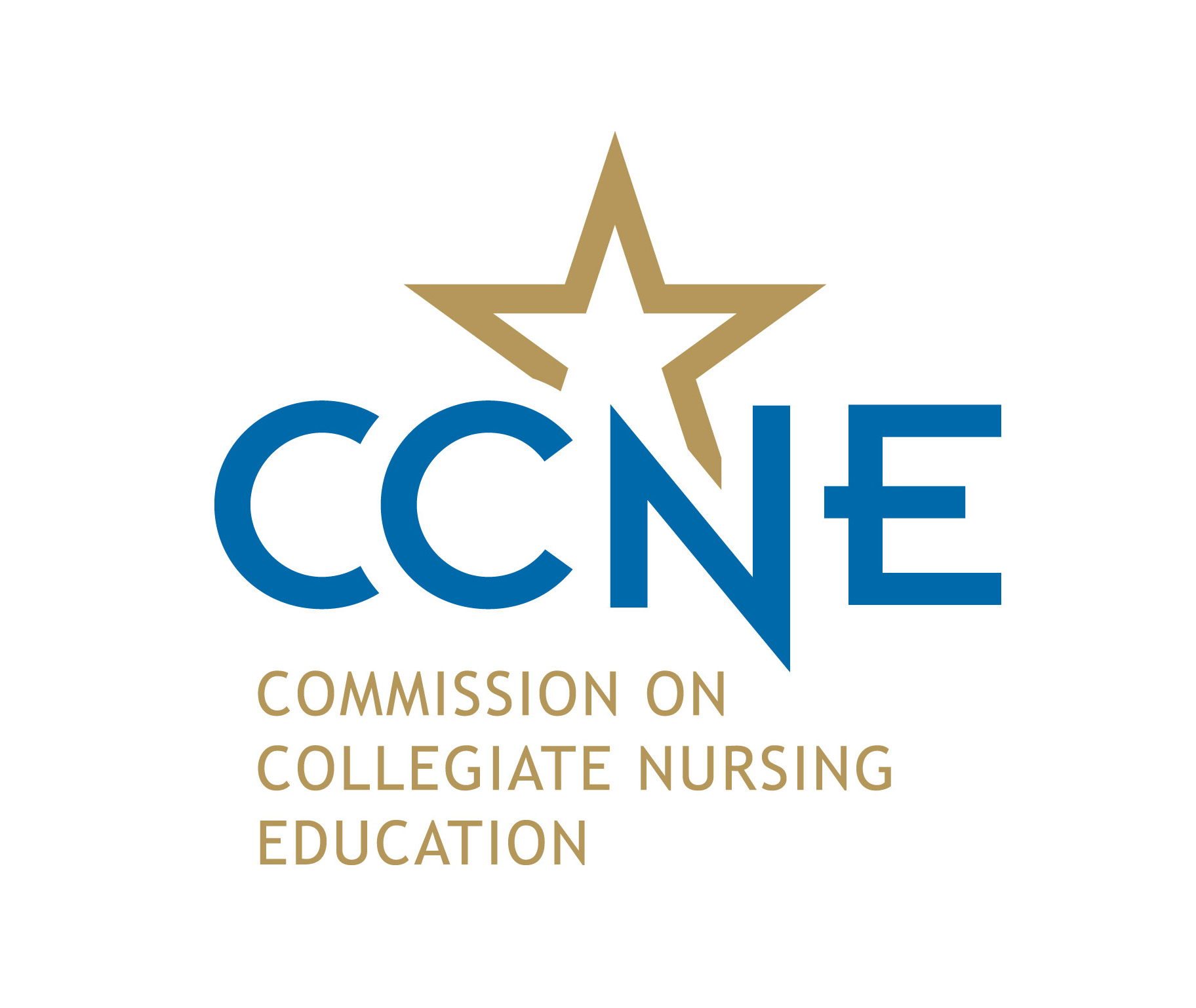Forensic Nursing
Forensic nurses don’t only work in hospitals, clinics and emergency rooms. They also work as nurse coroners, expert witnesses and policy makers. Our online MSN in Forensic Nursing program was designed in partnership with the Cyril H. Wecht Institute of Forensic Science and Law. You will learn to identify new methods and approaches to achieve civil and criminal justice. Our curriculum reflects the various roles— preparing you to become a respected leader who can work collaboratively on a multi‑disciplinary forensic team.
Program Information
The Master of Science in Forensic Nursing is a 2.5 year online program that prepares you to provide trauma-informed care and be a leader in this emerging specialty area. You will develop in-depth knowledge of victim assessment and rights, evidence collection, and legal collaboration. This program is offered in partnership with the Duquesne University Cyril H. Wecht Institute of Forensic Science and Law.
Program Type
Major
Degree
Master's
School
Duration
2.5 years
Required Credit Hours
36
Modality
Online
Admissions
Admissions Requirements
Like other fields of nursing, forensic nurse requirements include completion of an Associate Degree in Nursing (ADN) or Bachelor of Science in Nursing (BSN) and a Registered Nurse (RN) designation earned by passing the NCLEX-RN exam.
Beyond those requirements, students can seek employment and earn experience to make their way into forensic nursing. Upon completion of the BSN, students may find it highly advantageous to pursue graduate education programs like the Online Master of Forensic Nursing or Post-Master’s Certificate in Forensic Nursing.
Duquesne University’s forensic nursing program helps shape students into effective forensic professionals capable of supporting multiple efforts in criminal investigation, process and reform.
To qualify for our online MSN program, you must:
- Hold a bachelor’s degree from an accredited college or university with a GPA of 3.0 or higher
- Have at least 1 year of full-time work experience as an RN (prior to registration in clinical or specialty courses)
- Hold a current, unencumbered RN license
- Complete an undergraduate-level statistics course with a “C” or higher
The faculty admissions committee may look more closely at nursing and science grades when making admissions decisions.
Admissions Process
- Resume or curriculum vitae
- Professional goal statement
- Official transcript(s)
Transfer Credit Policy for MSN Forensic Nursing Students
- A maximum of 9 graduate credits, completed within the past 5 years from a previously earned graduate degree, may be transferred.
- A grade of “B” or higher is required.
- The Advanced Standing Request form must be submitted during the admissions process for transfer credits to be considered.
Curriculum
- GPNG 547 Historical and Contemporary Frameworks for Advanced Practice Nursing (3 credits)
- GNFO 518 Criminal Law and the Courts (3 credits)
- GNFO 517 Forensic Science and the Legal System (3 credits)
- GPNG 534 Advanced Pharmacology Applications (3 credits)
- GPNG 533 Advanced Pathophysiology Applications (3 credits)
- GPNG 535* Advanced Physical Assessment and Diagnostic Reasoning Applications (75 total clinical hours include 50 hours precepted and 25 campus residency hours) (3 credits)
- GPNG 548 Evidence Based Practice and Policy for Advanced Nursing (3 credits)
- GPNG 550 Clinical Prevention and Population Health Promotion for Advanced Nursing Practice (3 credits)
- GNFO 519 Advanced Forensic Nursing I: Theory and Practice (3 credits)
- GPNG 549 Nursing and Health Care Ethics in Practice and Policy (3 credits)
- GNFO 520 Advanced Forensic Nursing II: Program Development, Leadership & Policy (3 credits)
- GNFO 521** Forensic Clinical and Capstone (150 clinical hours) (3 credits)
* Students enrolled in GPNG 535 are required to come to campus for three days. In addition to the campus residency visit, precepted clinical hours are also required for GPNG 535.
** Courses are considered clinical courses. Students must refer to the Graduate Student Handbook for all clinical policies and procedures specific to their program.
Do you have questions about the MSN Forensic Nursing program? The MSN Forensic Nursing program at Duquesne University School of Nursing is accredited
by the Commission on Collegiate Nursing Education (CCNE).Ask a Question
Learning Outcomes
Accreditation




